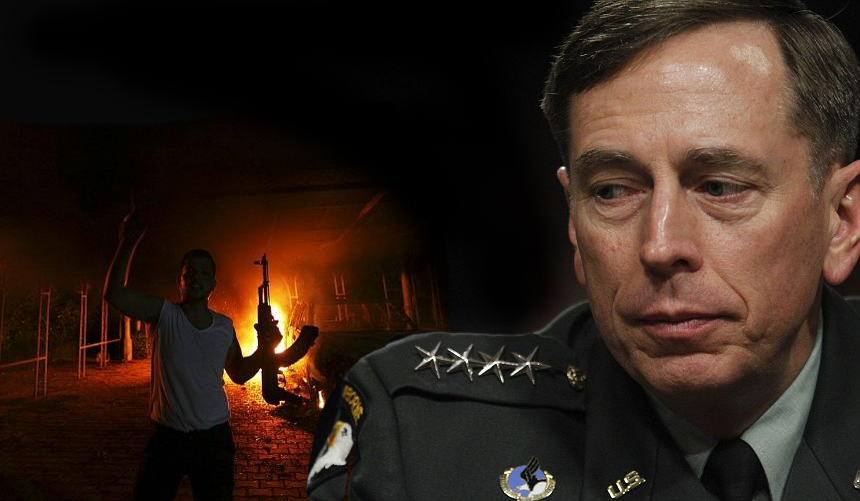Alex Constantine - January 17, 2011
By Fred Bronfman
AlterNet | January 16, 2011
 There are few scenarios more frightening for America than a domestic nuclear terrorist incident, which could kill tens of thousands of people, devastate the economy and turn America into a police state. And the greatest potential source of nuclear materials for such an incident lies in Pakistan. As a March 2010 Harvard study reported, Pakistan’s nuclear stockpile “faces a greater threat from Islamic extremists seeking nuclear weapons than any other nuclear stockpile on earth.”
There are few scenarios more frightening for America than a domestic nuclear terrorist incident, which could kill tens of thousands of people, devastate the economy and turn America into a police state. And the greatest potential source of nuclear materials for such an incident lies in Pakistan. As a March 2010 Harvard study reported, Pakistan’s nuclear stockpile “faces a greater threat from Islamic extremists seeking nuclear weapons than any other nuclear stockpile on earth.”
The single most significant revelation of the State Department cables released by WikiLeaks is thus that U.S. policy is actually increasing the danger of a nuclear incident. The cables reveal that the U.S. has so alienated the Pakistani people that their government fears cooperating with Washington on nuclear matters; that the U.S.-India nuclear energy agreement has convinced Pakistani officials to enlarge their already unstable nuclear stockpile; and that Washington has expanded U.S. military operations into Pakistan in a way that Ambassador Anne Patterson herself secretly admitted “risks destabilizing the Pakistani state” (9-23-09 cable). These newly disclosed official U.S. cables, which strongly point to the growing threat to Americans from mismanaged U.S. policy, require urgent congressional hearings, greater media investigation and public protest.
A growing number of observers are beginning to awaken to the increasing danger of Pakistan’s nuclear stockpile, such as Fareed Zakaria who recently wrote: “I had always believed that ultimately, Pakistan's governing elite was in charge, its military would not allow the country to crumble, and its nuclear arsenal was safe. After last week, I am not so sure.”
But Zakaria and others have failed to acknowledge that bungled U.S. policy toward Pakistan, not just an incompetent Pakistani military, is helping increase the danger of a nuclear incident. U.S. ground and drone assassination, and pressure on the Pakistani military to undertake military offensives in tribal areas, is increasing support for extremism in Pakistan.
The assassination of Punjab Governor Salman Taseer by an extremist, supported by large sectors of Pakistani public opinion, as well as the rest of Taseer’s bodyguards, is an urgent wakeup call about the growing danger to the security of Pakistani nukes from the 120-130,000 Pakistanis working at nuclear sites. Steve Coll has reported in the New Yorker that “Pakistan’s Personnel Reliability Programs, as they are known in the nuclear security trade, involve not only evaluating the suitability of bodyguards for governors but also the management of the country’s swelling stockpile of fissile materials and nuclear bombs. Taseer’s betrayal should give pause to those officials in Washington who seem regularly to express complacency, or at least satisfaction, about the security of Pakistan’s arsenal.”
Despite this, however, the Obama Administration is still pushing for the very policies that are destabilizing Pakistan and its nuclear materials – as revealed by the Wikileaks cable. While outside observers have criticized U.S. policy towards Pakistan, the critical importance of the Wikileaks cables is that they offer official proof that (1) U.S. and allied experts are extremely worried about the instability of Pakistan’s nuclear stockpile; and (2) U.S. policy is destabilizing both Pakistan and its nuclear materials, and thus endangering U.S. national security.
Ambassador Patterson, reporting on the Pakistani government breaking its 2007 written agreement to return U.S.-supplied nuclear material to the U.S., wrote in quoting a Pakistani official that “if the local media got word of the fuel removal, `they certainly would portray it as the United States taking Pakistan’s nuclear weapons.’” Patterson added that “the negative media attention has begun to hamper U.S. efforts to improve Pakistan’s nuclear security and nonproliferation practices” (5-27-09 cable). A subsequent cable revealed that Pakistani distrust of the U.S. government has left Washington unable to encourage Pakistan to sign key pacts limiting nuclear proliferation, and that there is little coordination on nuclear matters between the American and Pakistani governments (11-24-09 cable).
http://www.alternet.org/world/149547/wikileaks_revelation%3A_how_us_policy_in_pakistan_heightens_the_risk_of_nuclear_attack








